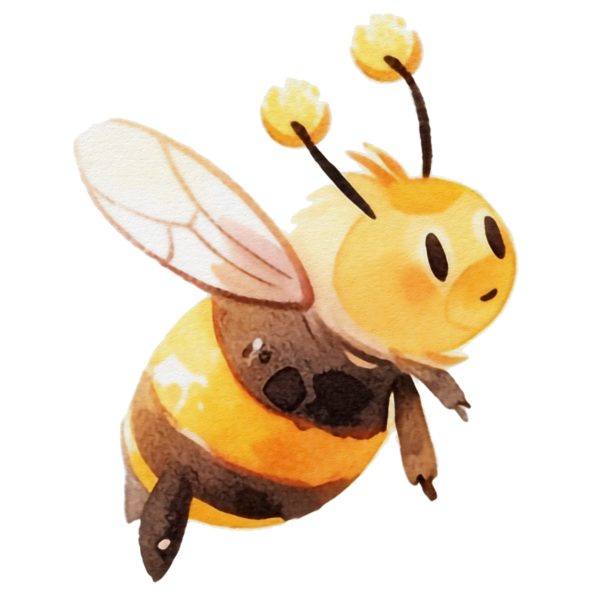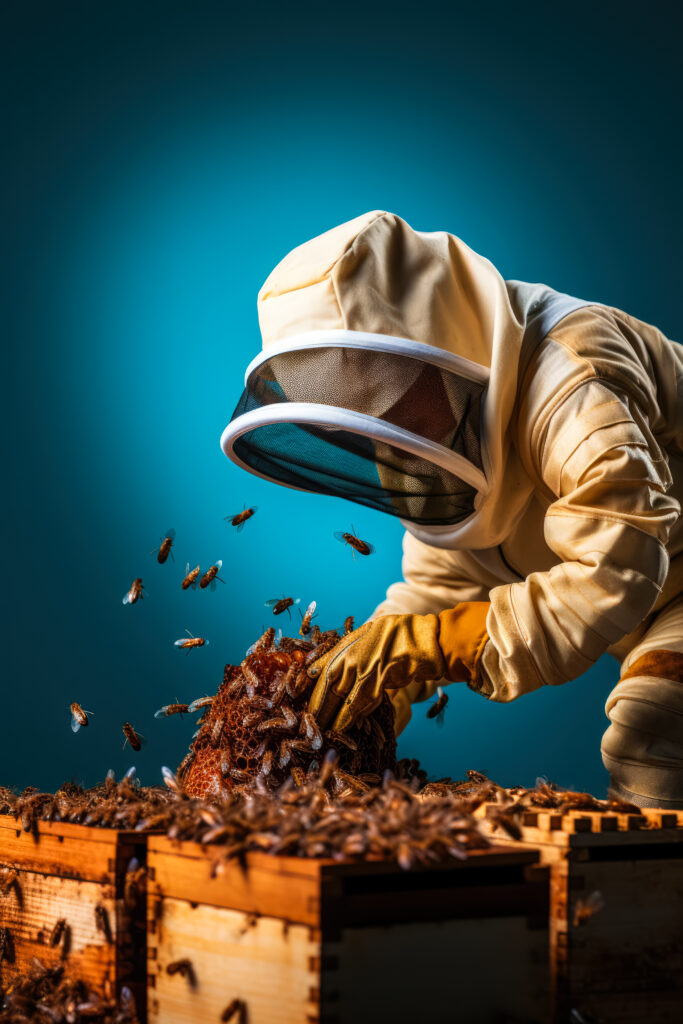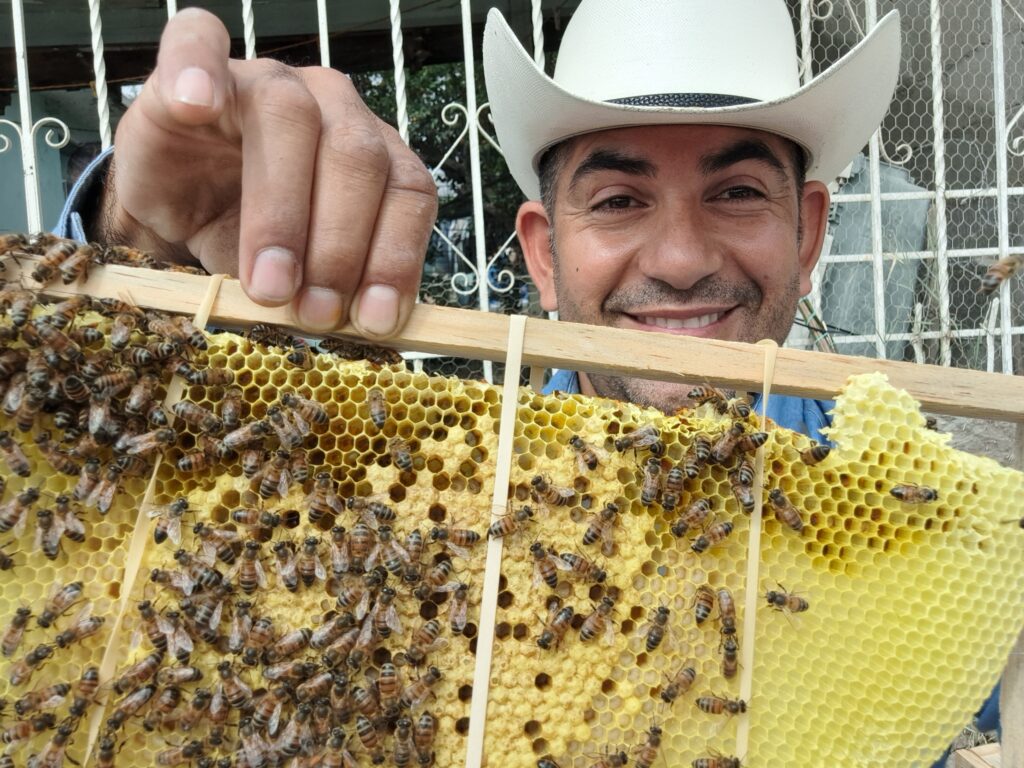Pollination Reasearch.
Pollination Research in Apiculture: Exploring the Art and Science of Plant-Pollinator Symbiosis
Introduction
In the realm of apiculture, the category of "Pollination Research" represents a crucial dimension that transcends the confines of beekeeping. It delves into the intricate science of pollination and the mutualistic relationship between pollinators, predominantly bees, and flowering plants. This professional discourse explores the profound significance of pollination research, the challenges it entails, and the transformative contributions it makes to the realms of agriculture, ecology, and biodiversity.
The Significance of Pollination Research
Pollination research holds paramount significance due to its profound impact on numerous aspects of our natural and agricultural ecosystems:
Agricultural Productivity: Pollinators, primarily bees, play a vital role in the pollination of many crops. Understanding the mechanisms and factors influencing pollination is essential for ensuring robust agricultural productivity and food security.
Biodiversity Conservation: Pollination is a cornerstone of biodiversity. By facilitating plant reproduction, pollinators contribute to the diversity and stability of ecosystems.
Ecological Dynamics: The intricate web of interactions between pollinators and plants shapes the structure and functioning of ecosystems. Pollination research unravels these dynamics and their implications for ecological stability.
Economic Significance: Pollinators contribute to the production of not only fruits and vegetables but also nuts, oils, and spices, making their economic significance substantial.
Challenges in Pollination Research
Pollination research, despite its significance, is fraught with several challenges:
Complex Interactions: The pollination process involves multifaceted interactions between pollinators and plants, making it challenging to study and predict.
Environmental Variability: Environmental factors, including climate change and habitat loss, can disrupt pollination patterns, complicating research efforts.
Disease and Pesticides: Diseases that affect pollinators and the use of pesticides can have negative consequences for pollination.
Global Scale: Pollination research often necessitates cross-disciplinary and international collaboration to address questions that span vast geographical scales.
Strategies in Pollination Research
Researchers employ various strategies to address these challenges and advance the field of pollination research:
Field Studies: Researchers conduct extensive field studies to observe pollinator-plant interactions in their natural habitat.
Laboratory Experiments: Controlled laboratory experiments allow for the manipulation of variables to better understand specific aspects of pollination.
Genomic Research: Advances in genomic techniques provide insights into the genetics of both pollinators and plants and their roles in the pollination process.
Modeling and Simulation: Mathematical models and simulations assist in predicting pollination patterns and their responses to environmental changes.
Education and Outreach: Dissemination of research findings and knowledge to the public, farmers, and policymakers is vital for promoting pollinator-friendly practices and conservation efforts.
Benefits and the Way Forward
The benefits of pollination research extend far and wide:
Agricultural Resilience: Improved understanding of pollination can lead to more resilient and productive agricultural systems.
Ecosystem Health: Research contributes to the health and resilience of ecosystems by supporting plant reproduction and diversity.
Conservation of Pollinators: Insights gained from pollination research inform conservation efforts to protect pollinator species.
Scientific Advancements: Advances in the understanding of pollination have broader implications for ecology, agriculture, and evolutionary biology.
In conclusion, pollination research represents a dynamic and multidisciplinary field with far-reaching implications for agriculture, biodiversity, and ecological stability. As we navigate the challenges of a changing environment and seek to ensure the sustainability of our food systems, the insights gained from this research are essential. The way forward entails continued research, collaboration between scientists and stakeholders, and the application of innovative techniques to address the challenges and unlock the potential of pollination research




